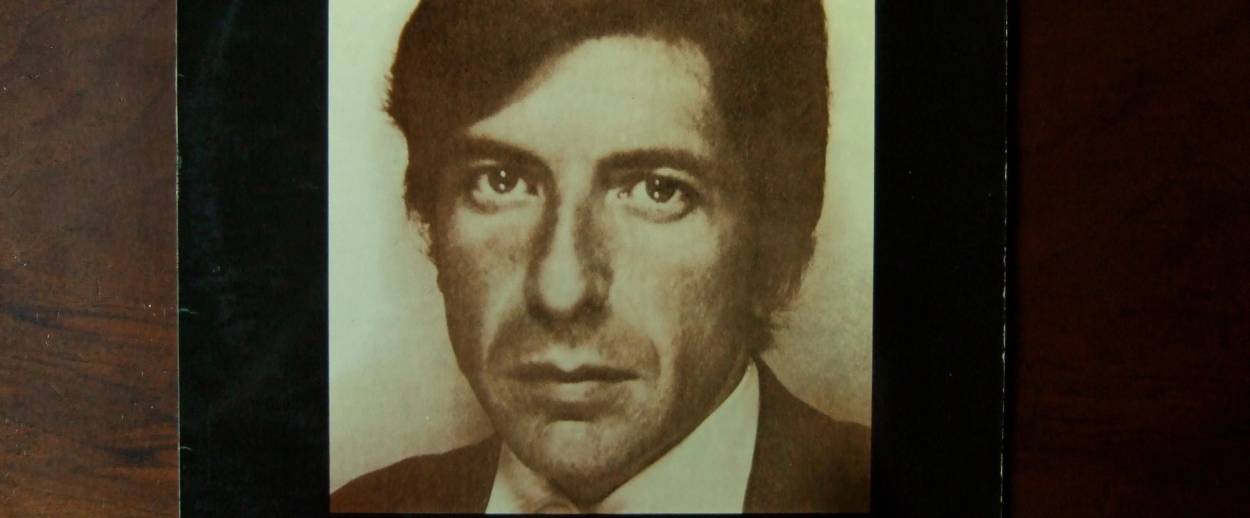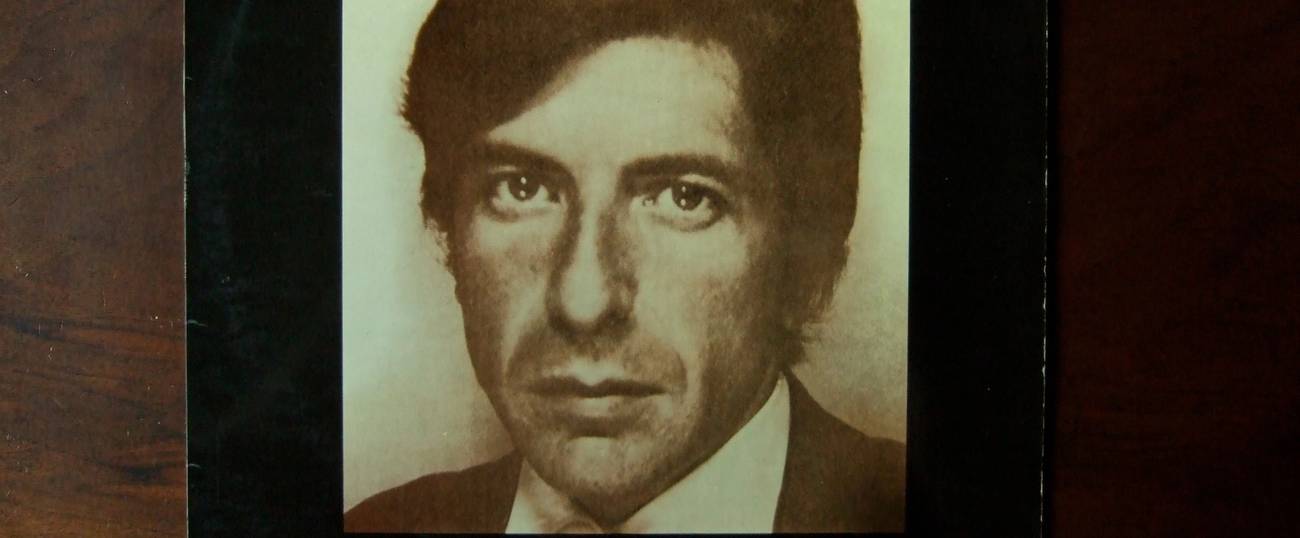Leonard Cohen’s Debut Album Turns 50
To celebrate, watch the old rabbi as a young man singing about the sisters of mercy




Leonard Cohen’s debut album, Songs of Leonard Cohen, was published 50 years ago this week. It was not immediately or universally loved.
“I don’t think I could ever tolerate all of it,” Arthur Schmidt wrote in Rolling Stone. “There are three brilliant songs, one good one, three qualified bummers, and three are the flaming shits.”
Thankfully, time has been kinder to the album, and songs like “Suzanne,” “So Long Marianne” and “Sisters of Mercy” have gone on to open the hearts of generations. We need such heart-opening now more than ever, as Cohen himself have been trying to tell us for decades. But never too bluntly or too crudely—that would be sacrilegious to the Lord of Song.
“Whatever grip capitalism has on its constituents,” he mused in a 1994 interview, “it seems to be a more benign grip than any of the other systems that people have thought out. So I would resist, although not with a tremendous amount of interest in the matter, having it serve an anti-capitalist program. I think that a good song exists in very modest terms and also in Himalayan terms. I mean, it’s a thing to get you through the dishes. It provides a sound-track for your courting and for your solitude. That’s the modest element. Then there is an element in song which provides deep comfort and deep solace and stimulation for the imagination and courage. You can’t use it for something as deliberate as a program. It could be, but it falls away. A good song slips away from its dogma.”
Amen to that, brother. And now, to celebrate the album’s anniversary and infuse the fading year with a shot of much needed mercy, here is the man himself, in 1972, with Donna Washburn and Jennifer Warnes, warning us against leaving everything we cannot control:
Liel Leibovitz is editor-at-large for Tablet Magazine and a host of its weekly culture podcast Unorthodox and daily Talmud podcast Take One. He is the editor of Zionism: The Tablet Guide.